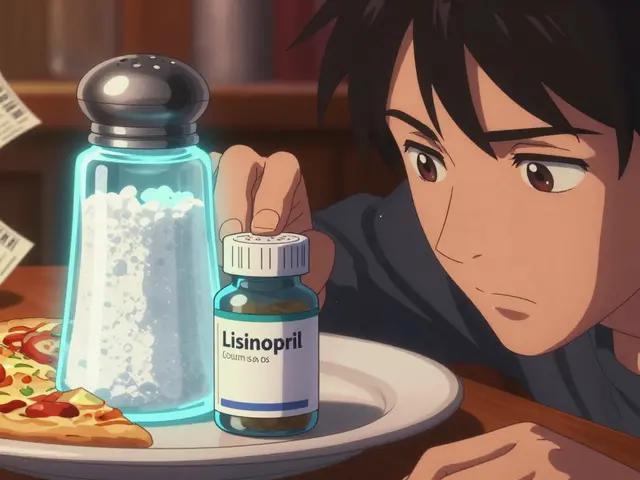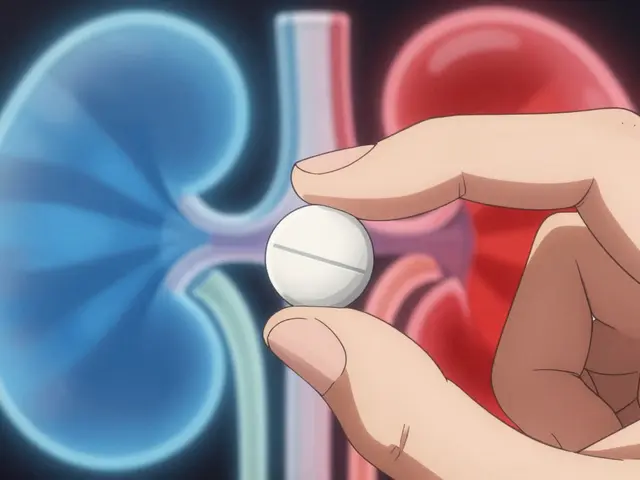Herbal treatments for men's health — what to try and what to avoid
Looking for natural ways to feel better? Herbal treatments can help with energy, mood, prostate health, and joint pain — but they can also cause trouble if used the wrong way. This guide gives plain, practical advice so you can try herbs safely and see real changes without guesswork.
Common herbs men ask about
Saw palmetto — used for mild prostate symptoms and urinary flow. Ashwagandha — popular for stress relief and sleep support; some men notice better energy and libido. Ginseng — a go-to for low energy and stamina. Maca — often taken for libido and fertility support. Turmeric/curcumin — a natural anti-inflammatory many men use for joints and recovery. Bromelain — an enzyme from pineapple that helps digestion and may reduce inflammation. Horny goat weed (epimedium) shows up in products aimed at erectile support.
How to choose a safe product
Read the label closely. Look for the active ingredient and how it’s standardized (for example, "standardized to 45% glycosides" for a specific herb). Check the dose in milligrams — branded extracts often list an equivalent herb-to-extract ratio. Prefer brands with third-party testing like USP, NSF, or ConsumerLab; those seals mean what’s on the label is what’s inside.
Form matters. Capsules and standardized extracts give consistent doses. Teas and bulk powders can be fine, but their strength varies. If you take prescription drugs, stop and check interactions before starting any herb — St. John's wort, for example, interferes with many medications, and some herbs can affect blood thinners or blood pressure medicines.
Start small. Take one new supplement at a time and give it 4–8 weeks before judging results. Keep a short log: dose, time of day, any benefits, and any side effects (sleep changes, stomach upset, headaches). If something feels off, stop and ask a clinician.
Watch for red flags: claims that sound too good to be true, guaranteed cures, or mega-dose recommendations. Natural doesn’t mean harmless. High doses of some herbs can strain the liver, raise blood pressure, or interact with mental health drugs.
Practical tip: talk to your pharmacist. They see supplements and prescriptions daily and can flag risky mixes. If you have a long-term condition — heart disease, diabetes, prostate cancer history — get medical approval first.
Want a simple plan? Pick one need (sleep, prostate, energy), choose a well-known herb backed by consistent labeling, buy a tested brand, start at the lowest effective dose, and track results for six weeks. If it helps and causes no issues, great. If not, move on or talk to your doctor about alternatives.
Herbal treatments can be useful tools when used carefully. Use quality products, keep an eye on interactions, and measure effects. That way you reduce risk and actually learn what works for you.

Natural Remedies for Benign Prostatic Hyperplasia: Fact or Fiction?
Dig into the world of natural remedies for benign prostatic hyperplasia (BPH) to see if they really work. Discover the array of herbs, supplements, and lifestyle changes that are claimed to help manage common symptoms like urinary issues. Understand the scientific backing behind popular treatments like saw palmetto and pumpkin seeds. Learn how lifestyle tweaks can make a difference and frame the whole picture on whether these remedies are fact or just fiction.




